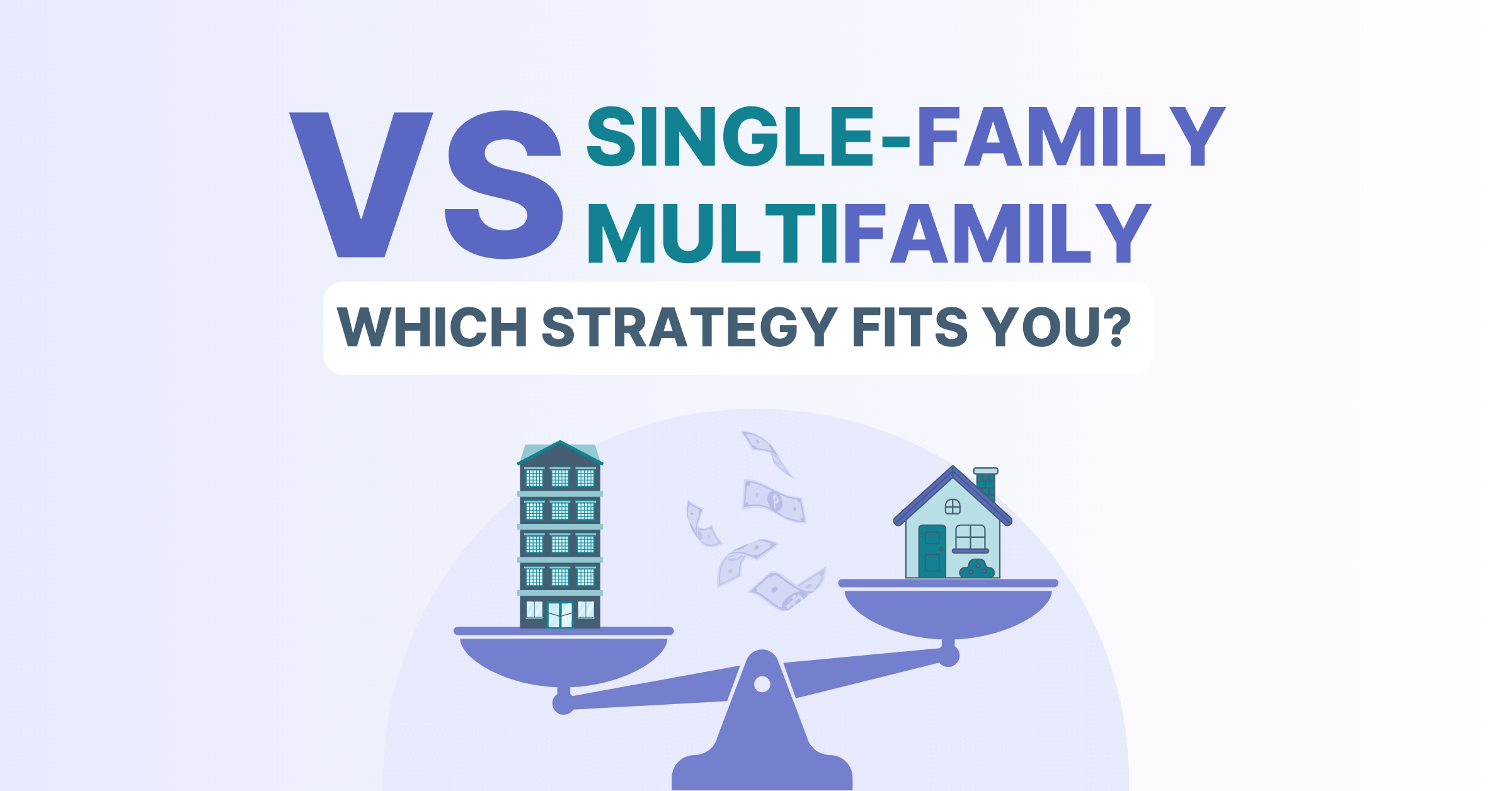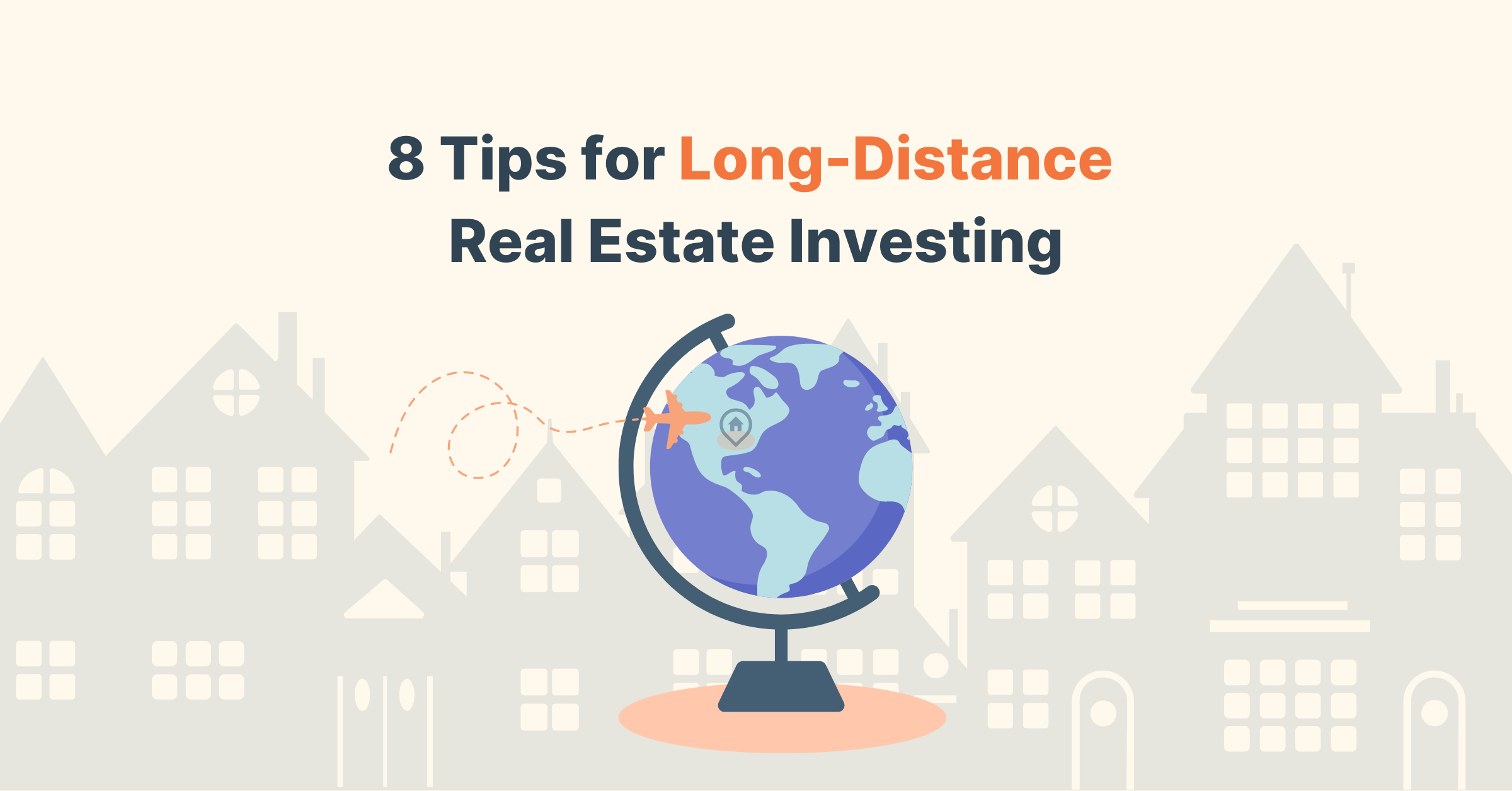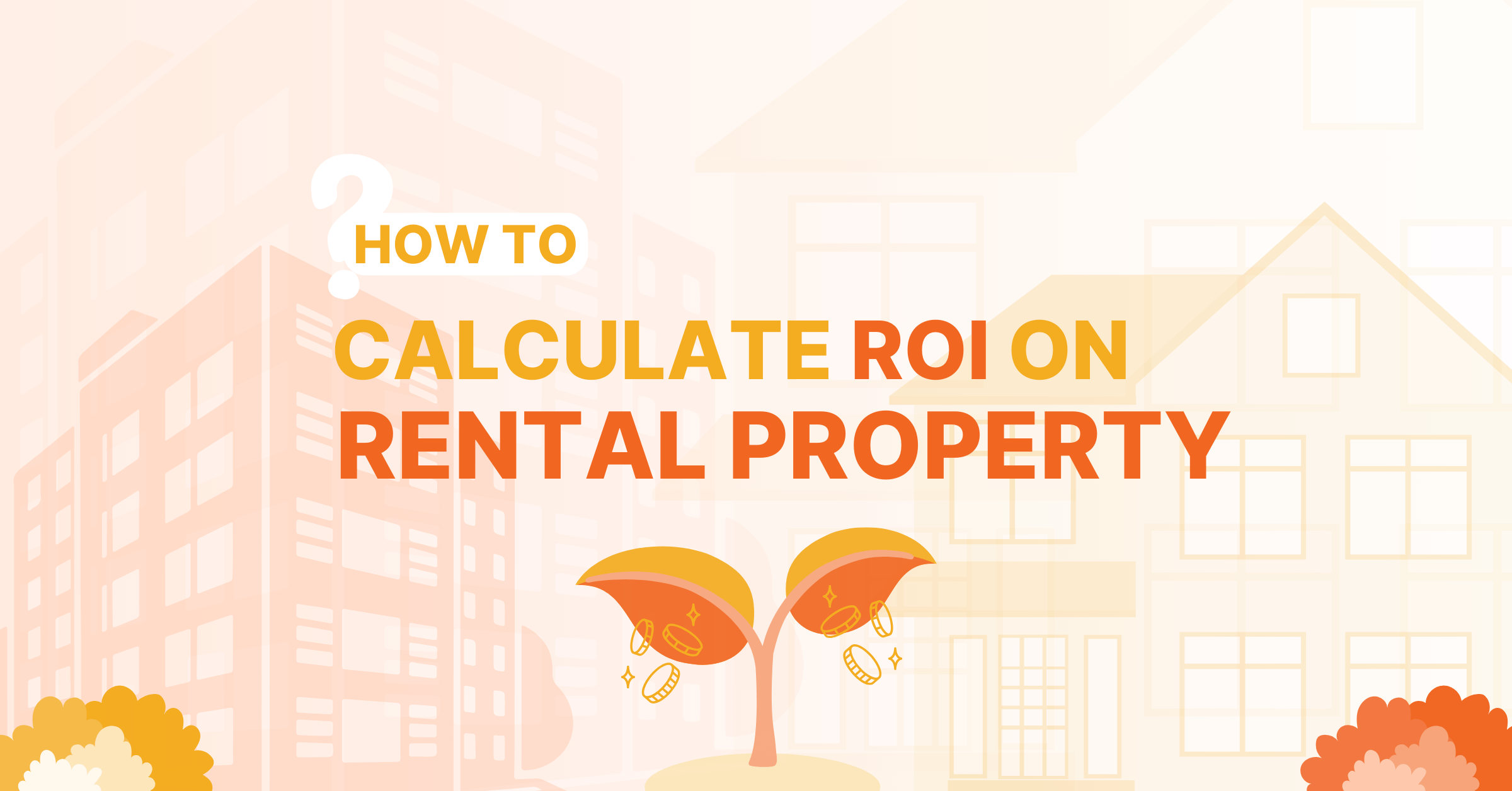There’s a lot of excited chatter about the opportunities of short-term rental property investments. The Airbnb model is providing solid income for property owners all over the world. But is this revolutionary real estate investment model really better than the classic long-term residential rental model?
Many real estate investors are wondering which model is best for them. Here are three questions to ask yourself when deciding between short-term rentals and long-term rentals.
Are There Issues of Legality in Your Area?
Short-term rentals are creating some interesting legal issues around the world. Residents of popular destinations are petitioning governments to heavily limit, or even outright ban, the use of residential properties as short-term rentals.
Do your homework. Check the zoning and administrative codes in your city, and make sure you understand your legal rights and responsibilities. And be warned: even if short-term rentals are perfectly legal in your city now, they might not be in a few years. If you decide to go short-term, pay attention to your local legislation discussions. And be ready to pivot if the rules change in your area.
How Much of Your Own Time Can You Invest?
Short-term rentals naturally require more time to manage than long-term rentals. With long-term rentals, your income is largely passive once the lease is signed. Unless there’s a problem with the tenant or a maintenance issue, you can remain fairly hands-off while you collect your rent check every month for the next year or so. At that point, you might need to invest a few days in cleaning, painting, cosmetic repairs, and turning the unit over for the next tenant. Or you might just need to invest 10 minutes in drafting a lease renewal.
But with short-term rentals, you’ll need to turn the unit over every few days. That means cleaning the unit, washing the linens, and restocking the necessities. You’ll also invest a fair amount of time in finding guests, answering their questions, and landing their bookings. And you’ll be expected to respond promptly if your guests have any questions or need anything during their stay.
It’s worth noting that you can always hire a property manager if you want your rental income to be entirely passive. Fees vary by company and by market, but you can generally expect to pay between 5% and 15% for long-term rentals and as much as 30% for short-term rentals.
Which Model Gets You the Best ROI?
If you’re looking to maximize your investment dollars, you need to know which model will give you the best returns on your investment (ROI). Short-term rentals command higher nightly rates than long-term rentals. But they also come with higher expenses. And much higher vacancy rates.
With detailed analysis, you can compare your ROI for using your investment property as a short-term rental vs. a long-term rental. PropStream’s Step-by-Step Analysis Wizard takes your expected rental income and monthly expense information and turns that data into detailed projection reports to help you determine which investment model will give you the best financial returns.
When it comes to short-term rentals vs. long-term rentals, there isn’t one clear winner. Before you jump on the short-term bandwagon, carefully consider your unique market and your goals for your real estate investment business.



